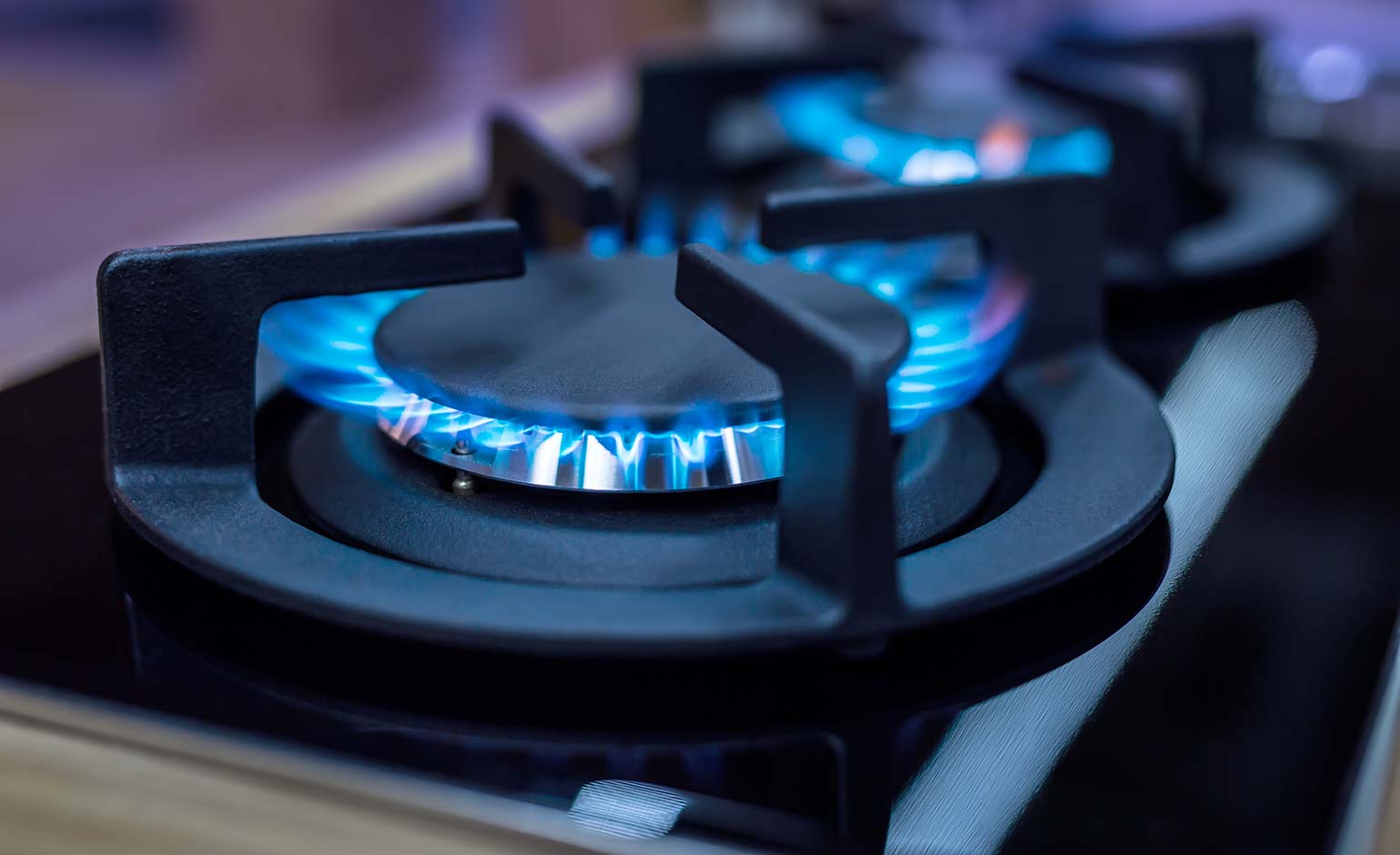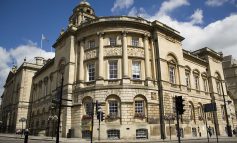Vulnerable families who are struggling to feed their children or pay increasing energy bills are set to receive financial help from Bath & North East Somerset Council.

The local authority has been awarded almost a million pounds by the Government to help households with increasing living costs this winter.
Councillor Richard Samuel, Deputy Leader and cabinet member for Resources and Economic Development, has approved the money to be used to provide £250 grants to support low-income households to meet rising energy costs and provide food vouchers to households whose children receive income-related free school meals.
The council has also allocated £100,000 from the funding to the district’s Citizens Advice Service to help vulnerable residents pay their rising energy bills.
The money will be used by the service to help residents most in need, including those with key meters.
This funding is separate from the £250 grants available from the council.
Councillor Kevin Guy, council Leader, said: “We’ve all felt the impact of the recent rise in the cost of living and in particular rocketing energy prices and this has resulted in some people having to make difficult choices between feeding their family or keeping them warm.
“This is unacceptable. Clearly, we can’t help everyone, but this funding will ensure our most vulnerable families are supported.
“As many families rely on Citizens Advice to provide advice and support it makes sense to allocate a portion of the funding to them so they can help people before they reach crisis point. This way we can ensure the cash goes to those most in need.”
Simon Lawson, Chief Executive of Citizens Advice Bath & North East Somerset, added: “We’re seeing more and more local residents come to us for help with the rising cost of living.
“Fuel bills especially are a big concern as it’s getting colder now and many people are worried that they won’t be able to afford their bills if they put the heating on.
“We’ve worked with B&NES Council on similar schemes before, so we’re really pleased to be able to use this funding to help those who are most in need.
“As well as helping people with fuel vouchers, we can advise on a whole host of other issues, such as debt, benefits, housing and employment.
“People can apply for help with their fuel bills online by visiting www.citizensadvicebanes.org.uk/fueltopup/ or they can ring our freephone Adviceline on 0808 278 7897 from 9.30am to 2.30pm every weekday and our specially trained volunteer advisers are ready to help.”
The report that went before Councillor Samuel detailed that the council has supported more than 2,000 low-income households with almost a million pounds of food vouchers for children during half term breaks over the past ten months.
The report also pointed out that whilst there is good provision for support with food and housing costs for B&NES residents, for example through food banks, food clubs and St Johns Foundation, there is less support available for help with energy costs.
It says as a result of the recent sharp increase in prices, the council should focus on providing vulnerable residents with pre-paid debit cards to help meet these rising costs.
The council will soon invite applications via the council’s website or by contacting the Benefits team.
Qualifying households will be entitled to one £250 payment. Applicants will need to apply for support and provide evidence of their eligibility.
The scheme is planned to run until 31st March 2022. However, due to the limited funding available, once all funding is exhausted, no further awards will be made.
To qualify for the scheme applicants will need to be in receipt of one of the following benefits:
- Income Support
- Income-based Jobseekers Allowance
- Income-related Employment Support Allowance
- Pension Credit Guaranteed Credit
- Housing Benefit
- Universal Credit
- Or on a low income – for the purpose of this scheme, low income means combined household earnings or pensions of less than £350 per week. Household means a person or unit of people who live together and all normally contribute, whether equally or not, to household bills
AND
- Have capital of less than £2,000.
Successful applicants will receive a pre-paid debit card to pay for energy-related bills including gas and electricity; topping up of key-meters; purchasing other household fuels and paying for other energy-related services such as boiler maintenance.
All cards would need to be used by 31st March.



